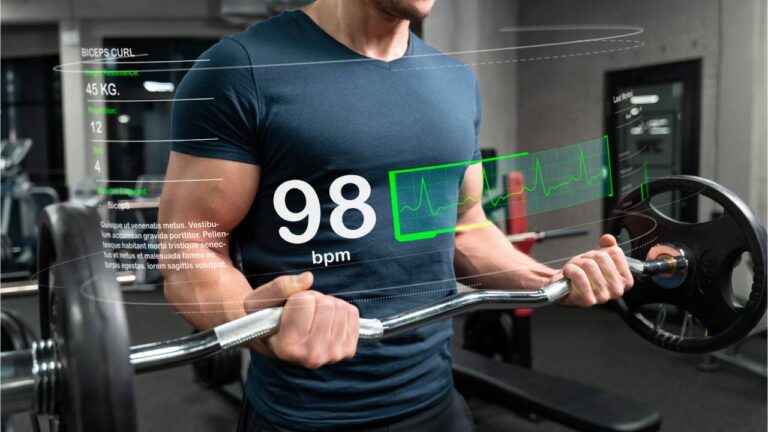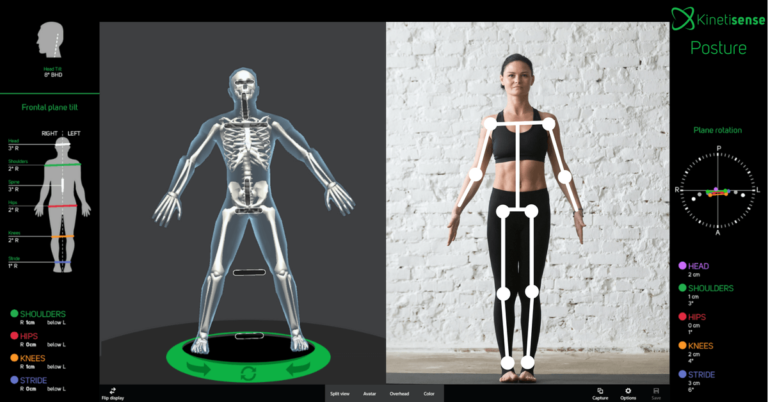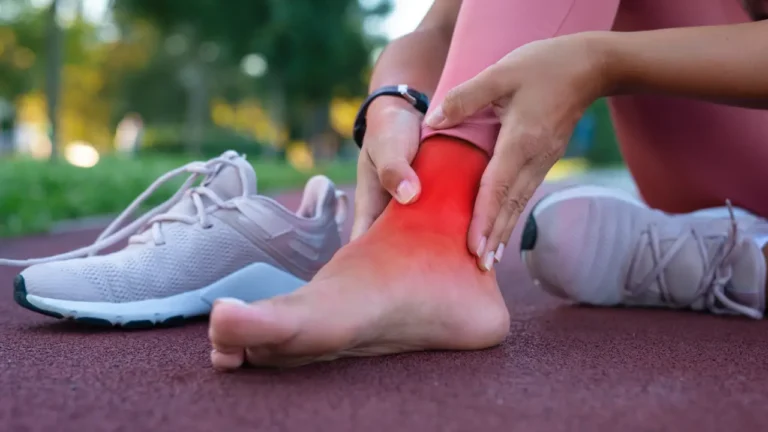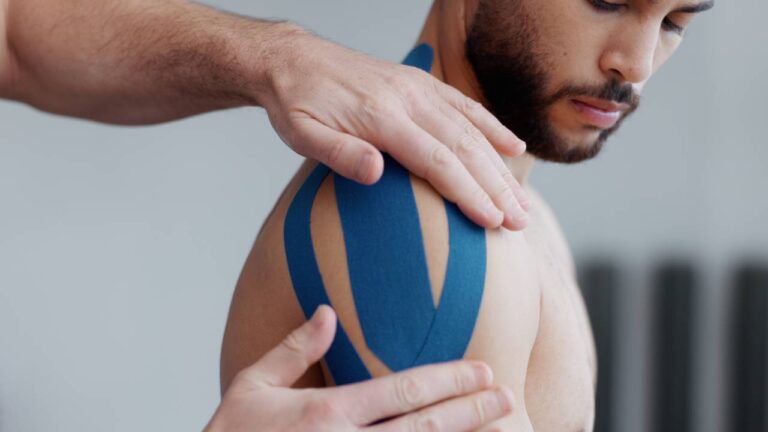How Physiotherapy in Langley Helps with Sports Injuries
Sports injuries can happen to anyone—professional athletes, weekend runners, or even people who enjoy staying active. Whether it’s a sprain, a muscle strain, or joint pain, these injuries not only limit performance but can also interfere with daily life. Fortunately, physiotherapy in Langley offers practical solutions to help you recover faster, regain strength, and return to sports safely.
In this blog, we’ll explore how physiotherapy helps with sports injuries, the treatment methods available, and why many residents in Langley rely on physiotherapists to stay healthy and active.
Understanding Sports Injuries
Sports injuries occur when muscles, joints, or ligaments are stressed beyond their normal limits. Some of the most common include:
- Sprains and strains from sudden movement
- Tendonitis due to repetitive stress
- Muscle tears from overexertion
- Joint injuries such as dislocations or ligament tears
- Overuse injuries from training without adequate rest
While some may seem minor, untreated injuries can become chronic or lead to long-term mobility issues. This is why seeking physiotherapy in Langley is essential for safe and complete recovery.
Why Choose Physiotherapy for Recovery?
Physiotherapy offers more than symptom Relief—it targets the root of the problem to promote lasting healing. Here’s how it helps:
1. Precise Assessment
Physiotherapists conduct detailed assessments to identify the extent of the injury and develop a personalized recovery plan.
2. Pain Relief Without Medication
Hands-on techniques, exercise therapy, and modern tools help manage pain naturally, reducing dependency on Medication.
3. Faster Return to Sports
With a structured program at a clinic specializing in physiotherapy in Langley, athletes can restore mobility and strength more quickly.
4. Preventing Reinjury
Physiotherapists teach proper movement techniques and strengthening routines to reduce the risk of recurring injuries.
5. Holistic Care
Physiotherapy improves not just the injured area but overall strength, balance, and coordination.
Advanced Techniques Used in Langley
Modern physiotherapy combines traditional methods with innovative approaches to maximize recovery. Some of these techniques include:
- IMS physiotherapy – Intramuscular stimulation that targets tight muscles and nerve pain.
- Kinesiology – Movement science used to correct body mechanics and prevent injuries.
- Functional movement analysis – Evaluating how your body moves to identify weak areas that could lead to injuries.
- iastm – Instrument-assisted soft tissue mobilization that speeds up tissue healing.
- Balance retraining – Exercises to improve stability and coordination, essential after ankle, knee, or head injuries.
Each treatment is tailored to the individual, ensuring the right approach for their specific condition.
Common Sports Injuries Treated
A clinic offering physiotherapy in Langley can help with a wide range of injuries, such as:
- Shoulder injury treatment – Addressing rotator cuff tears, dislocations, and strain-related pain.
- Knee injury treatment – Supporting recovery from ligament tears, meniscus injuries, or patellar pain.
- Weight lifting injuries– Managing strains, sprains, and overuse injuries caused by improper form or excessive load.
From minor strains to more complex joint issues, physiotherapy offers structured care to help athletes return to their sport.
The Stages of Sports Injury Rehabilitation
Healing from sports injuries requires a phased approach. A clinic specializing in physiotherapy in Langley typically guides patients through these stages:
- Acute Phase – Reducing swelling, pain, and inflammation.
- Rehabilitation Phase – Restoring flexibility, strength, and endurance.
- Functional Phase – Practicing sport-specific movements to prepare for competition.
- Maintenance Phase – Preventing future injuries with ongoing strengthening and mobility exercises.
This structured plan ensures athletes not only recover but also return to their sport stronger.
The Role of Prevention
Physiotherapy is not just about treatment—it’s also about prevention. Clinics in Langley provide athletes with:
- Proper warm-up and cool-down routines
- Guidance on posture and technique
- Training modifications to reduce strain
- Strengthening of weak areas to support overall performance
By focusing on prevention, physiotherapy in Langley helps athletes enjoy long-term participation in sports without frequent setbacks.
What to Expect at Your Visit
Your first visit to a clinic offering physiotherapy in Langley usually involves:
- Consultation – Discussing your injury, lifestyle, and goals.
- Physical Assessment – Evaluating strength, range of motion, and movement patterns.
- Treatment Plan – A personalized recovery program designed for your needs.
- Progress Tracking – Adjustments to ensure steady and safe improvement.
This patient-centred approach ensures that each athlete gets the right care at the right time.
Long-Term Benefits
Physiotherapy provides more than just recovery from immediate injuries. With consistent treatment, patients often notice:
- Stronger muscles and joints
- Improved flexibility and endurance
- Reduced risk of future injuries
- Better posture and body alignment
- Enhanced sports performance
Choosing physiotherapy in Langley means investing in both short-term healing and long-term health.
Why Local Athletes Trust Physiotherapy in Langley
Langley athletes rely on physiotherapy because it combines science-based care with personalized attention. Whether you’re recovering from a sprain, managing a chronic condition, or aiming to boost performance, physiotherapists offer expertise that supports every stage of your athletic journey.
Final Thoughts
Sports injuries can be frustrating, but with the proper support, they don’t have to hold you back. Physiotherapy in Langley offers effective treatment methods, advanced techniques, and preventive strategies to help athletes recover, perform better, and reduce the risk of Reinjury.
By addressing the root cause of injuries and promoting overall wellness, physiotherapy enables athletes of all levels to continue enjoying the activities they love.







